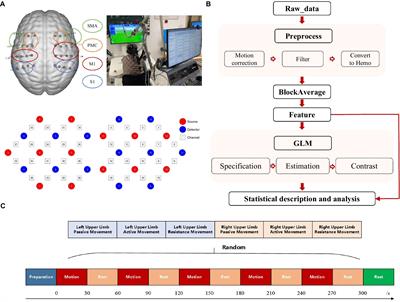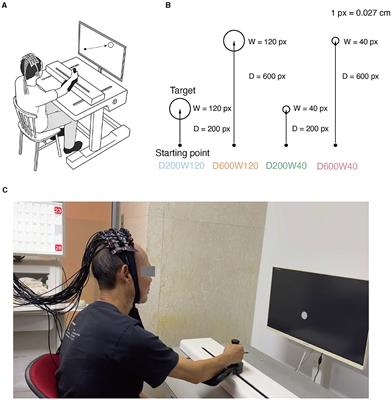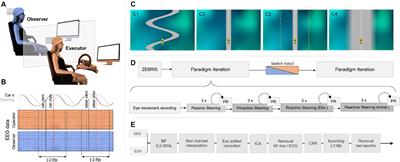EDITORIAL
Accepted on 03 Mar 2025
Editorial: Neural Mechanisms of Motor Planning in Assisted Voluntary Movement
doi 10.3389/fnhum.2025.1582214
1,601
Total downloads
7,580
Total views and downloads
EDITORIAL
Accepted on 03 Mar 2025
REVIEW
Published on 06 Feb 2025
ORIGINAL RESEARCH
Published on 14 Aug 2024

ORIGINAL RESEARCH
Published on 19 Jul 2024

ORIGINAL RESEARCH
Published on 09 Jul 2024

ORIGINAL RESEARCH
Published on 27 Jun 2024
